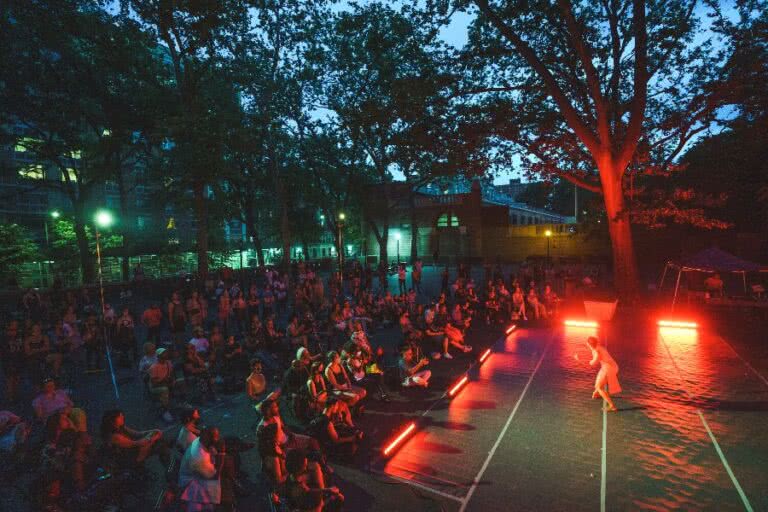Community theater gives local audiences a connection to the performing arts that they might not have access to otherwise. A lot goes into a great show — so all the moving parts can seem like a challenge to manage on a tight community production budget. We’ve come up with a few ideas for planning a successful community theater event and marketing it to a wide audience, so you have a great crowd on opening night and every night after that.
5 tips for a successful community theater event
1. Know your audience
The easiest and most effective way to attract attendees to your community theater events is to give the people what they want. Think about your local demographics and tailor your event accordingly. For a large population of families with small children, consider putting on a children’s play that will be fun for families. Older audiences often appreciate a show that’s nostalgic or retro — use the set design and costumes to reflect a certain era.
If you’re not sure what would interest your community, consider surveying them to find out if there are particular plays or shows they’d like to see.
2. Go hybrid
Hybrid events — which involve both an in-person component and a virtual component for remote attendees — have recently boomed in popularity. They’re a great way to expand your audience beyond your physical community. Plan to livestream at least one of the community theater performances during your run. That will give family and friends of your cast and crew a chance to support their loved ones if they can’t make it in person. Plus, it’ll help you sell more tickets.
3. Pair up with other organizations
Working with other local organizations or businesses is another way to expand your audience and appeal to a greater range of people. Know a great local chef, restaurant, or caterer? Turn your show into a dinner theater, or partner with food and drink vendors to provide refreshments.
Bring your musical theater ideas to life by having a live band or orchestra perform the music for your show. You can also join forces with local artisans and vendors — set up an on-site market and encourage your attendees to shop during intermission. If your goal is to raise money for a local non-profit, consider turning your event into a theater fundraiser and donating a portion of what you make from ticket and refreshment sales.
4. Spread the word with Eventbrite
Using Eventbrite Boost to raise awareness of your event and sell tickets is like having your own automated marketing team. Boost helps you to create social media ads, target the right audience, and send engaging email campaigns to your contact list. Eventbrite makes it easy to create an attractive event page that connects seamlessly with your Facebook page. Plus, potential attendees can conveniently buy tickets without ever leaving Facebook.
Encourage your cast and crew to share your event page and social posts with their personal networks to spread the word, too.
5. Host other events to raise money and awareness
Build anticipation and raise funds for your upcoming performance by hosting other events in the time leading up to the main attraction. You can come up with ideas that are related to your specific show or theater, like a Broadway karaoke night or an improv workshop. Try to craft events that will attract an audience similar to the one you’re targeting with your production.
These programs will introduce new people to your organization and let them know about your upcoming performances. Suggest that cast and crew members reach out to their friends and family about awareness or fundraising events to take advantage of word-of-mouth promotion.
Ready to take the stage?
If your rehearsals are well underway, it’s time to start selling tickets. Create your Eventbrite event page and use Eventbrite Boost to spread the word about your first show.





